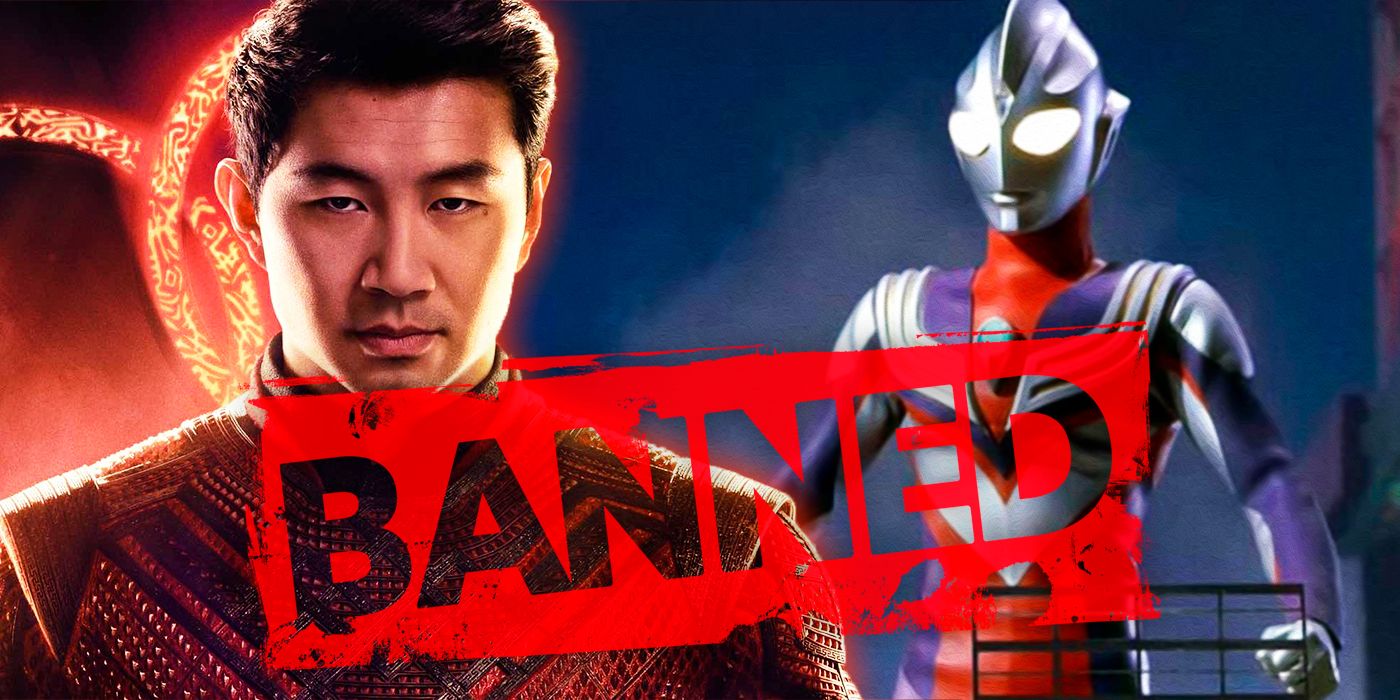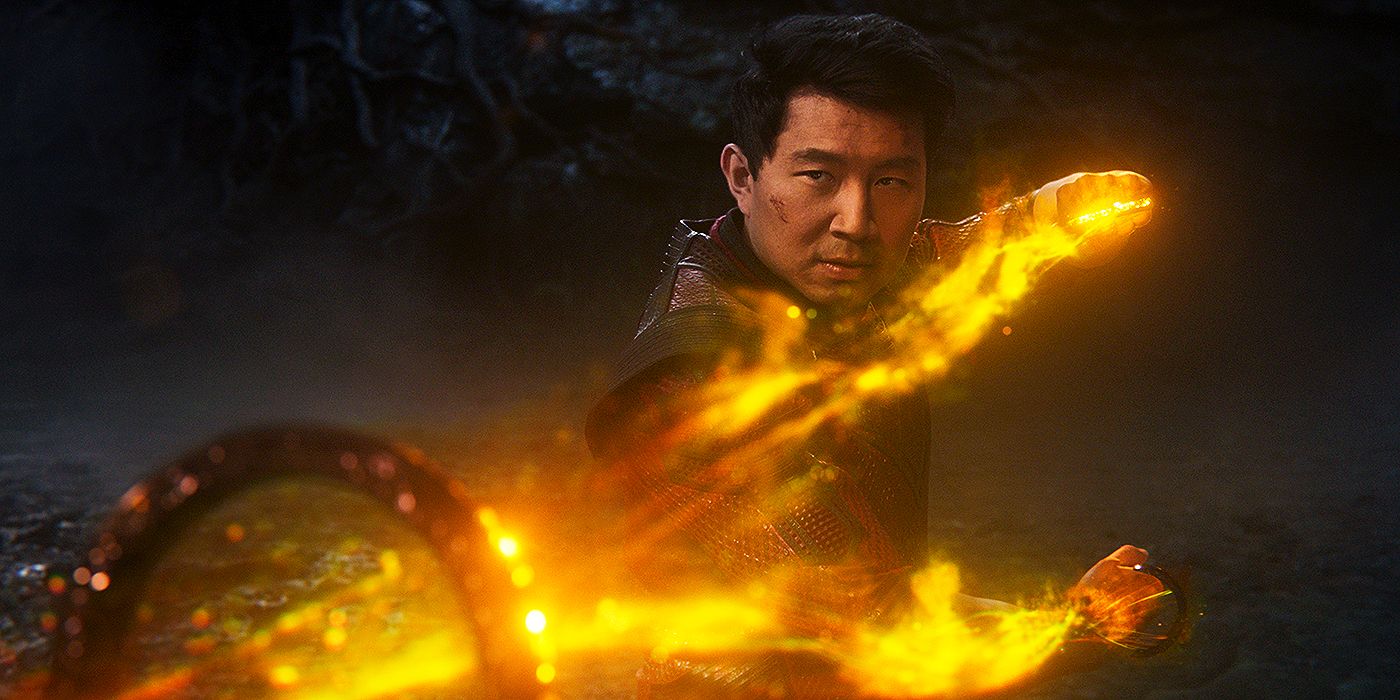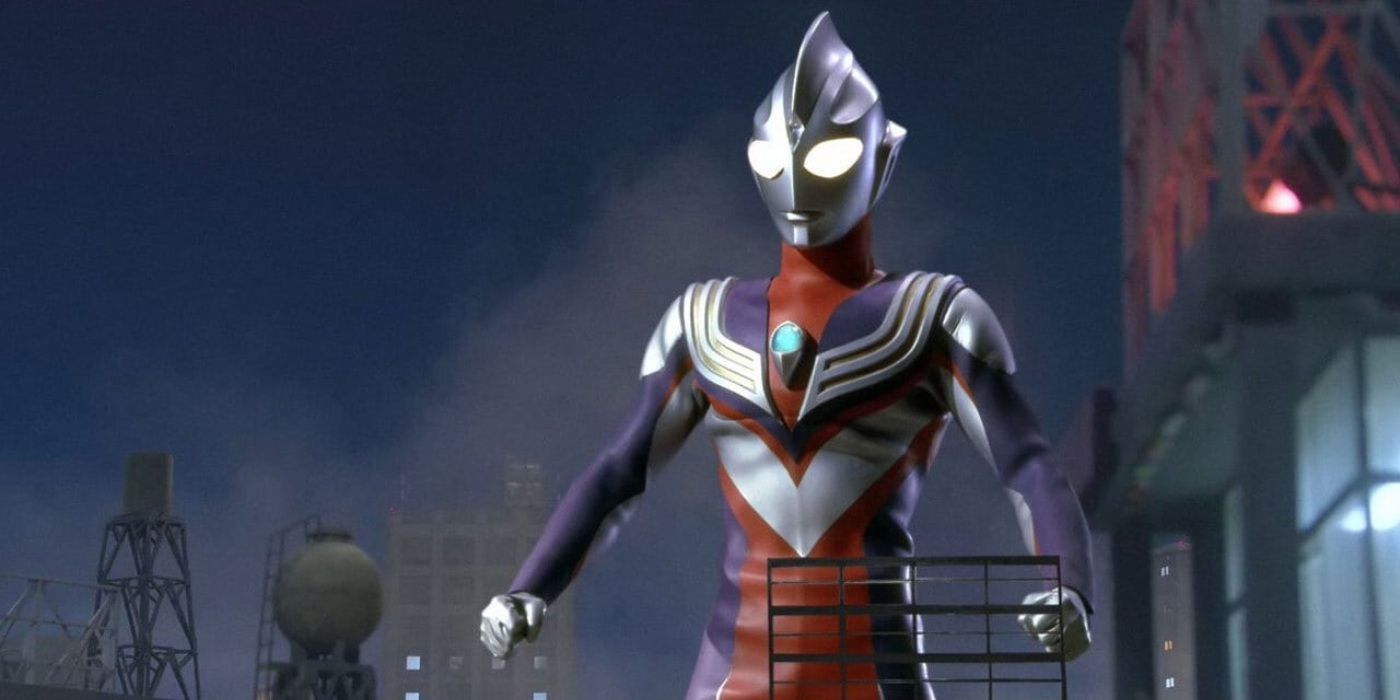There is a huge cultural shift occurring in China that will make it a lot more difficult for Hollywood studios to tap into the country's sizeable market. That's due to the Chinese Communist Party and its general secretary, Xi Jinping, who have taken a strong stance against the likes of Shang-Chi and the Legend of the Ten Rings, Ultraman and K-Pop.
At first glance, none of those things has much in common, other than the CCP has taken steps to remove them from Chinese media, if not outright ban them. The reason being is that they don't conform to the party's ideal for the Chinese people. Before anyone explores what that ideal looks like, it's important to know why the party has escalated its reformation of popular culture within the country.
2021 marks the party's centennial. Every sector of Chinese society has been impacted by the party's desire to promote itself and ingrain the notion that the CCP and China are one and the same. To that end, the party required all theaters screen at least two propaganda films every week this year, beginning a crackdown on entertainment.
In recent weeks, the country's National Radio and Television Administration (NRTA) has condemned celebrity worship and "effeminate styles" and, in a statement, demanded that networks and media outlets promote masculine images, along with traditional, revolutionary, "advanced socialist" culture or anything that reflects what the CCP decides is a patriotic image. The statement went into considerable detail, stating that TV shows must "resolutely resist bad plots" and only broadcast "excellent cartoons with healthy content and promote truth, goodness and beauty."
With that in mind, it's clear to see why K-Pop, the Japanese series Ultraman and the Hollywood-produced Shang-Chi and the Legend of the Ten Rings would be rejected by the Chinese state. Mentions of all of these and much more have been removed from Chinese social media platforms. To be clear, it's partly because of the aforementioned "effeminate styles," and partly because these are all foreign to China, and the party wishes to be rid of foreign influences.
Shang-Chi star Simu Liu, for example, has been the subject of controversy in China since his casting announcement. Internet users criticized his looks and, more recently, he was heavily criticized for a past interview in which he described his own parents' experiences in Communist China and explained why they emigrated to Canada. Members of the nationalist forum that circulated the interview criticized him for choosing to become an actor and represent Chinese people. It's also worth noting that the film itself had controversy attached already, due to the comic book character's problematic origins and relationship with Fu Manchu.
Ultraman Tiga was removed from streaming sites shortly after the NRTA's statement was released. It was reported by the CCP mouthpiece The Global Times that its removal was due to the show's violence: "The Ultraman Tiga involves violent plots such as armed beating, multi-person intimidation, arson and explosions."
Judging from the crackdown and eagerness to instill Xi Jinping Thought in China's youth, it would seem that there is a growing sense of concern within the Chinese Communist Party. The restrictions on pop-culture and crackdown on all forms of entertainment incidentally comes at a time when China has started to see a growing rebellion among its youth.
In response to societal pressures, a swelling elderly population to care for, a variety of economic issues such as underpaying jobs, more and more young people have seemingly grown disillusioned with the party and have taken to "lying flat" as a form of rebellion-- depriving the country of an active workforce and even babies, who the current generation would hardly be able to afford anyway. These new policies and shouldn't come as a surprise to those watching, since, at least in the CCP's eyes, banning these forms of entertainment will push young people to get up and go out to work and keep society moving.



